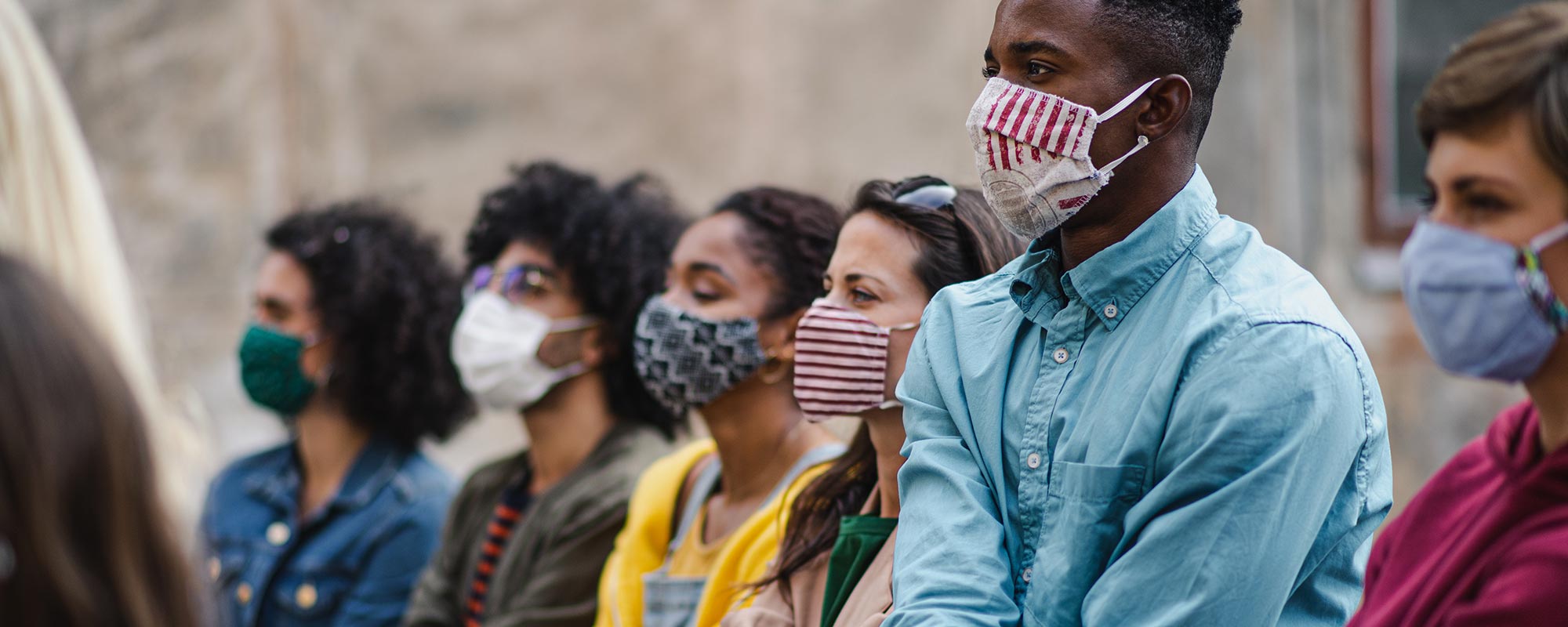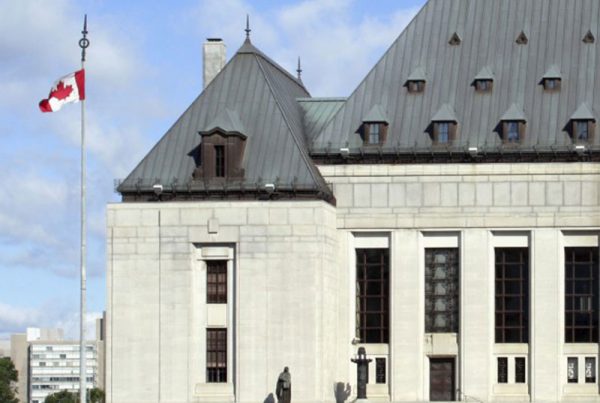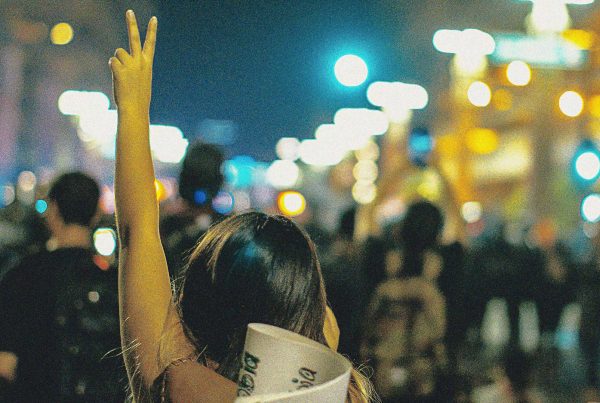On 18th March 2020, Newfoundland Health Minister John Haggie, held a press conference to announce that he had authorized a Special Measures Order using the Public Health and Promotion Act to
- ban gatherings of more than 50 people;
- close facilities (bingo halls, gyms, fitness clubs, bars, cinemas, performance spaces, arenas) and those restaurants that cannot accommodate social distancing; and
- require any returning traveller to self-isolate for 14 days.
Minister Haggie said that anyone who violated these bans faced “significant penalties,” which include fines of $2,500 or 6-month jail terms for individuals and up to $50,000 for corporations: “We hope we never have to use [these penalties], but they exist, and if necessary we will use them.”
On the one hand, it is true that those penalties exist under the law. Nothing new here. However, enforcement and penalizing people are measures of last resort. Moreover, proportionality is important when it comes to enforcement. Rather than threaten people with penalties, de-escalation is always preferable to escalation of anxiety and confrontation. Governments ought to be mindful of the constitutional rights to liberty and freedom of assembly – these rights may be limited during a public health emergency, but they must always answer the questions: why, when and how will these limitations be put into place, and for how long? Communication and conversation are always going to work better than blanket threats of incarceration, which can only arise if innocent people have been proven guilty pursuant to a fair trial. Other First Ministers and Ministers have spoken to the public about emergency orders without going down the rabbit hole of enforcement by arrest, trial and detention. Given the severity of these penalties – including incarceration, the ultimate deprivation of liberty – CCLA will monitor the situation to ensure that enforcement of the bans is minimally invasive and not arbitrary.
Furthermore, the province should consider and identify exceptions to the ban on gatherings of more than 50 people. Reducing large gatherings is key to slowing the coronavirus, which we have learned from Canada’s excellent public health officers. But there could be exigent circumstances where it may not be appropriate to violate freedom of assembly – either because it’s bad public health or because it’s a disproportionate violation of civil liberties.
For example, this ban on large gatherings ought not cause people to go hungry. Soup kitchens or food banks are often the only options for the homeless, addicted, or mentally ill to have a meal. Just imagine for a moment that you’re not at home reading this on your phone or computer. Imagine you’re on the street, in the cold, hungry. Where are you going to get food?
It is not uncommon for facilities feeding the hungry to have large queues waiting for food, particularly considering the significantly reduced foot traffic that has reduced panhandling (not to mention the many local and provincial ordinances in Canada that penalize panhandling). In any case, CCLA believes that it is the government’s responsibility to ensure that the most vulnerable are kept fed and out of the cold. (In Toronto, the “Out of the Cold” programs to feed the homeless have all been cancelled). This week, the feds announced increased funding for services to the homeless. If charitable organisations step up to provide that essential service, neither they nor the vulnerable persons who are simply looking for a hot meal should face threats of crippling fines or incarceration.
About the Canadian Civil Liberties Association
The CCLA is an independent, non-profit organization with supporters from across the country. Founded in 1964, the CCLA is a national human rights organization committed to defending the rights, dignity, safety, and freedoms of all people in Canada.
For the Media
For further comments, please contact us at media@ccla.org.





